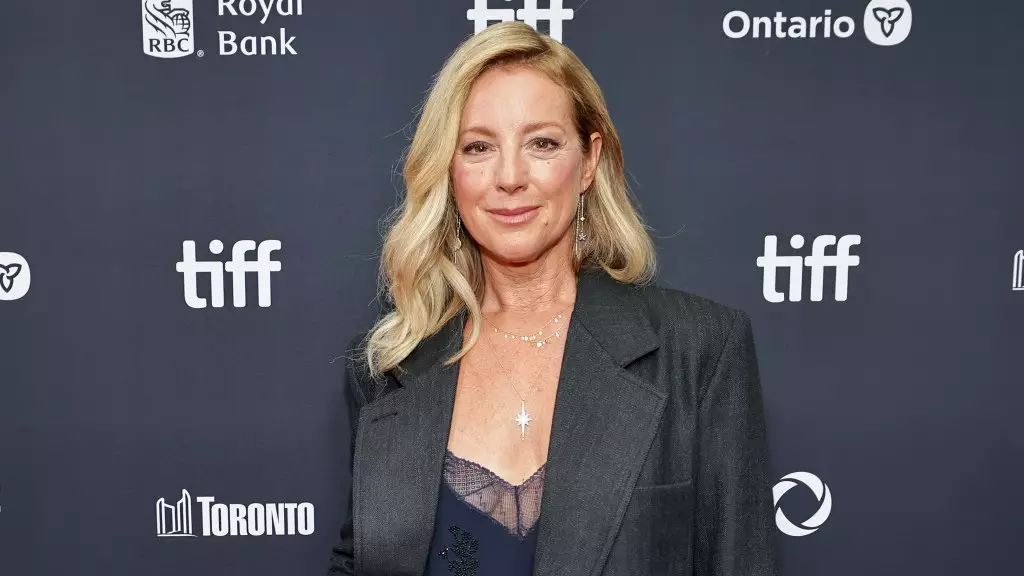In recent weeks, a disturbing pattern has emerged that exposes the fragility of free expression in our society. The cancellation of the Lilith Fair documentary premiere, coupled with the indefinite preemption of Jimmy Kimmel’s show, signals more than just a scheduling shuffle; they highlight a troubling trend of silencing voices under the guise of political correctness and corporate interests. These actions are not isolated incidents but are symptomatic of a broader movement that seeks to diminish open debate, marginalize dissent, and curtail the foundational freedoms that underpin a healthy democracy.
What worries me most is not merely the cancellation, but the underlying motives that fuel these decisions. When institutions prioritize fear of controversy over the pursuit of truth, society stagnates. The decision to prevent performers from taking the stage during an event meant to celebrate music, art, and dialogue suggests a growing willingness to suppress rather than engage. At its core, this mentality fosters an environment where uncomfortable truths and challenging ideas are quashed, leading us down a perilous path toward authoritarianism masked as moral virtue.
The Role of Artistic and Media Expressions in Upholding Democratic Values
Artists and media figures are often viewed as mere entertainers, but historically, they have been torchbearers for social progress. Through their work, they challenge the status quo, shed light on injustices, and inspire collective empathy. The outcry over the cancellation of the Lilith Fair event exemplifies the vital importance of standing firm against censorship. Music festivals and documentaries are more than entertainment—they are symbols of cultural resilience and platforms for marginalized voices.
Sarah McLachlan’s heartfelt speech exemplifies what true leadership looks like in turbulent times. Her acknowledgment of the ongoing struggle for women’s, transgender, and queer rights reflects a deep commitment to social justice. Her emphasis on unity, kindness, and shared humanity underscores the transformative power of art to cultivate empathy and understanding. By choosing to forego a performance in solidary, she reminds us that silence in the face of adversity is, in itself, a form of complicity.
The Limits of Political Correctness and the Threat to Free Discourse
The controversy surrounding Jimmy Kimmel’s suspension reveals a complex tension at the heart of modern liberalism. On one hand, there is a motivation to protect vulnerable communities from harmful rhetoric; on the other, a tendency to curtail open debate under the guise of safeguarding social harmony. The situation surrounding Kimmel—criticized for comments about a contentious political figure—highlights how easily the boundaries of acceptable discourse can shift.
While accountability is necessary, punitive measures that silence dissent risk transforming the public sphere into a homogenized space devoid of honest dialogue. When the media dictates what can and cannot be said, it chips away at the principles of free speech that are essential for accountability and progress. Democratic societies thrive on vigorous debate, even if it is uncomfortable or imperfect. Attempts to police language and ideas threaten to homogenize ideas, ultimately weakening the robustness of our civic discourse.
Fostering Resilience in the Face of Suppression
Despite these setbacks, a resilient core of individuals and communities refuses to be silenced. The response from artists like McLachlan demonstrates the importance of moral courage—standing steadfast in support of free expression and human rights, even when doing so comes with personal or professional costs. The arts and media must remain spaces where uncomfortable truths can be examined, challenged, and understood, regardless of the prevailing political winds.
This moment calls for a renewed sense of responsibility among liberals and progressives: to defend the principles of free speech and to recognize their importance as vehicles for societal growth. It is not enough to celebrate diversity of thought in theory; we must actively cultivate an environment where diverse opinions, even controversial ones, can coexist respectfully. Only through such resilience can society continue to evolve, rather than regress into censorship and conformity.
In the end, true progress depends on our collective willingness to confront discomfort with compassion and courage. Suppressing voices because they challenge us, rather than engaging with their ideas, undermines the very fabric of democratic society. The path to a better future demands that we resist the temptation to silence, and instead, foster an environment where free expression can flourish—contentious, messy, but ultimately essential.


Leave a Reply